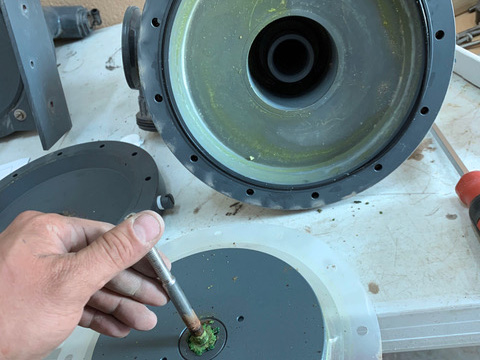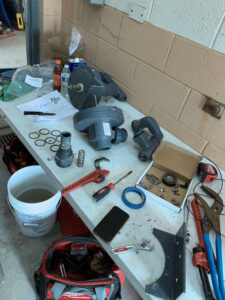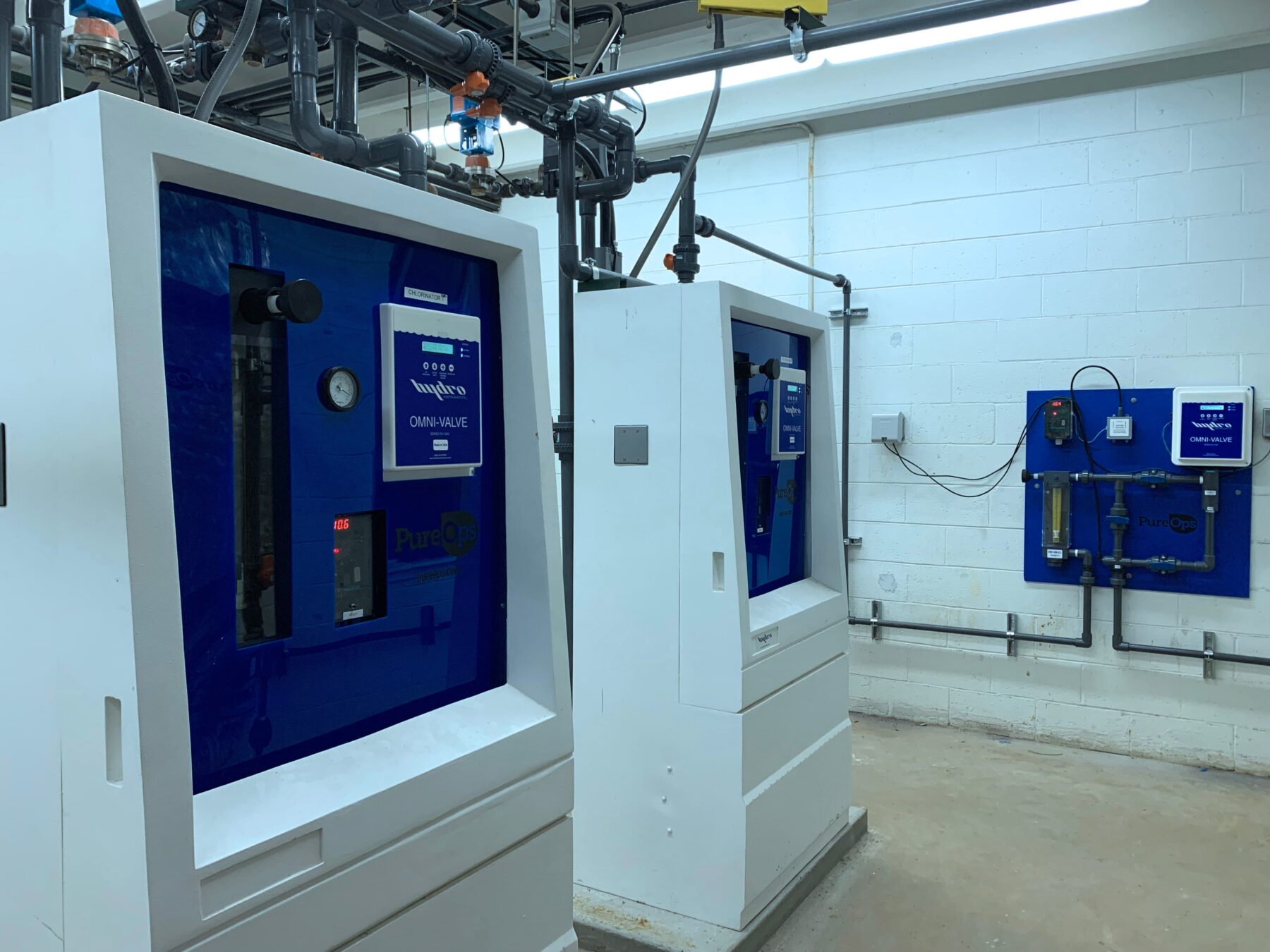“Everyone likes to be appreciated,” said Ernesto.
“And that’s the Golden Rule of business,” added Pindar. “All things being equal – “
Ernesto finished the phrase: “– people will do business with and refer business to those people they know, like and trust.”
He turned to look at Joe. “Tell me, what distinguishes a good restaurant from a great restaurant? Why do some restaurants do well, while a few, like this one, do stratospherically well?”
“Obviously, better food,” replied Joe without hesitation. Ernesto’s delighted laughter filled the booth. Several heads turned and a wave of smiles rolled through the dining room like ripples on a pond.
“Ahh, mille grazie, signore, you are a man of good taste! But I have to admit, while our food is very good, there are half a dozen other places within three blocks with food just as wonderful as ours. Still, even on their best nights, they’re lucky to have half the clientele that comes here. Why is that, do you think?”
Joe had no answer.
“A bad restaurant,” Ernesto went on, “tries to give just enough food and service, both in quantity and quality, to justify the money it takes from the customer. A good restaurant strives to give the most quantity and quality for the money it takes.
“But a great restaurant – ahh, a great restaurant strives to defy imagination! Its goal is to provide a higher quality of food and service than any amount of money could possibly pay for.” He looked at Pindar, then back at Joe. “Did the Old Man tell you he would show you his Five Laws?”
Joe nodded eagerly. He was about to learn the First Law of Stratospheric Success!
Ernesto looked again at Pindar. “Should I tell him?”
“Please,” replied Pindar.
Ernesto leaned in and spoke in a conspiratorial whisper:
“Your true worth is determined by how much more you give in value than you take in payment.”
Joe wasn’t sure how to respond. Giving away more value than you get paid for? That was their big secret?
“I’m sorry… I don’t get it,” Joe confessed. “I mean, I appreciate where you’re coming from, and your story is obviously… well, it’s amazing. But honestly, that sounds like a recipe for bankruptcy! It’s almost like you’re trying to avoid making money.”
“Not at all.” Ernesto waggled one finger. “‘Does it make money?’ is not a bad question. It’s a great question. It’s just a bad first question. It starts you off pointed in the wrong direction.”
He let Joe ponder that for a moment, then continued.
“The first question should be, ‘Does it serve? Does it add value to others?’ If the answer to that question is yes, then you can go ahead and ask, ‘Does it make money?'”
“In other words,” said Joe, “exceed
people’s expectations, and they’ll pay you even more.”
“That’s one way to look at it,” replied Ernesto, “but the point isn’t to have them pay you more, it’s to give them more. You give, give, give. Why?” Another shrug. “Because you love to. It’s not a strategy, it’s a way of life. And when you do,” he added with a big grin, “then very, very profitable things begin to happen.”
“Wait,” said Joe. “So, ‘profitable things begin to happen’ – but I thought you said you’re not thinking about the results.”
“That’s right,” Ernesto agreed, “you’re not. But that doesn’t mean they won’t happen!”
“And they certainly will,” added Pindar. “All the great fortunes in the world have been created by men and women who had a greater passion for what they were giving – their product, service or idea – than for what they were getting. And many of those great fortunes have been squandered by others who had a greater passion for what they were getting than what they were giving.”

















































